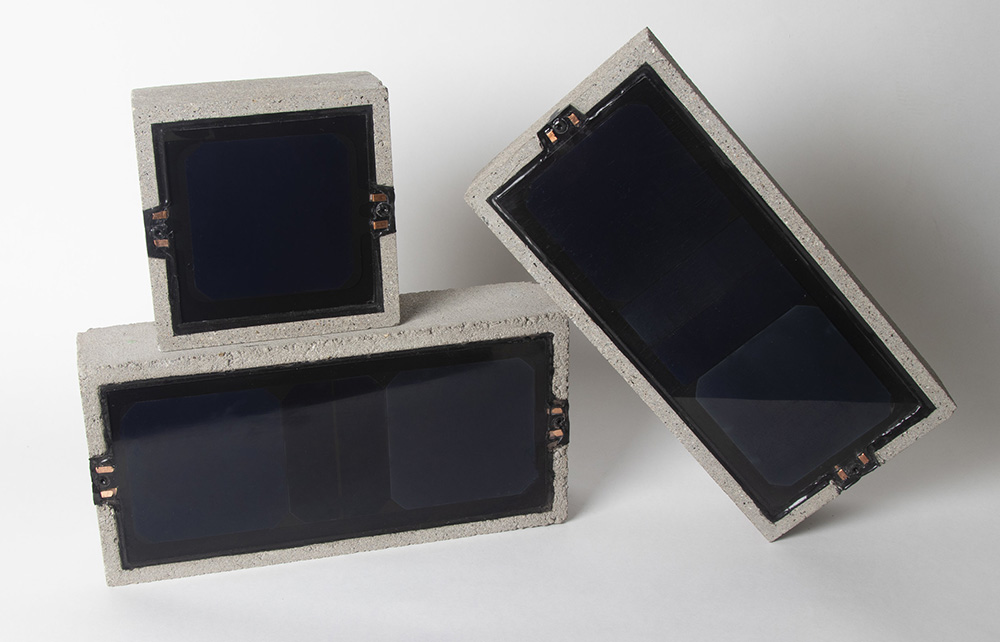State energy officials placed over $1 million in funding for hydroelectric in Orange, Ware and West Springfield
West Springfield, MA State energy officials have placed over $1 million in funding to support upgrades to hydroelectric facilities in Orange, Ware, and West Springfield. The initiatives, announced during Earth Week, are aimed at increasing Massachusetts’ clean energy generation.
“In filing legislation for the procurement of cost-effective, low-carbon hydropower, our administration recognizes the importance of improving renewable energy facilities to help the Commonwealth continue to lead the way on clean energy, energy efficiency and the adoption of innovative technologies,” said governor Charlie Baker. “These grants to make hydropower facilities more efficient and increasing hydropower production will help us meet our greenhouse gas emissions goals and continue to increase the role of renewables in our energy portfolio.”
“Local clean energy sources like hydroelectric facilities work to reduce energy costs for ratepayers while helping to eliminate greenhouse gas emissions,” said lieutenant governor Karyn Polito. “Through this funding we can support local economies and help communities provide more low-cost renewable energy for their citizens.”
The upgrades, which are being funded through the Massachusetts Clean Energy Center’s (MassCEC) Hydropower Program, will allow the facilities to annually produce an average of 1.2 million more kilowatt hours of renewable electricity, enough to power 157 average Massachusetts homes.
“Upgrading local hydroelectric facilities further diversifies the Commonwealth’s energy portfolio, while helping to reach our ambitious greenhouse gas emissions reduction goals,” said Energy and Environmental Affairs Secretary Matthew Beaton. “Hydropower is a low-cost, clean resource that allows us to provide reliable electricity to Massachusetts residents while protecting the environment.”
“Hydropower has been part of the Commonwealth’s energy mix since the Industrial Revolution, and these grants will help modernize these facilities and ensure they remain a part of our energy portfolio for years to come,” said MassCEC interim CEO Stephen Pike.
Facilities receiving grant funding are: • Mini-Watt Hydroelectric (Orange) – $500,000 – This funding will go towards reducing leakage, replacing equipment with more efficient models and installing a fully-automated system that can be controlled via smart phone. These upgrades are expected to increase electric generation by at least 516,000 kWh per year, enough to power 68 average Massachusetts homes. • Pioneer Hydro Electric Co. (Ware) – $478,000 – This funding will allow the company to make comprehensive upgrades that increase both the electrical generation capacity and efficiency of the facility. The upgrades are expected to increase average generation by about 561,000 kWh per year, enough to power 74 average Massachusetts homes. • A & D Hydro, Inc. (West Springfield) – $68,831 – This funding will go towards replacing the trash racks and trash raking machine and reprogramming the rake’s automation and control system, leading to an expected increase in generation of about 116,000 kWh per year, enough to power 15 average Massachusetts homes.
“Over one million dollars in new funding for Western Massachusetts hydropower will keep us on track towards reducing greenhouse gas emissions and increasing our usage of renewable resources,” said senate president Stan Rosenberg (D-Amherst). “These new grants will be enough to power over 150 average homes – thank you to the Massachusetts Clean Energy Center for their ongoing work to shift our energy portfolio and create a greener Commonwealth.”
“This grant, in addition to funding for a carbon sequestration program in last year’s budget, is another step forward in West Springfield’s commitment to reducing its carbon footprint” said state senator James Welch (D-West Springfield). “I can’t think of a better way to honor the spirit of Earth Week than with funding going to worthwhile projects aimed at increasing our use of clean energy.”
“Hydropower is an important component of the Commonwealths clean energy future,” said state senator Anne Gobi (D-Spencer). “Thank you to MassCEC for recognizing the great work Luke Wright and Pioneer Hydro do for the region.”
“This grant will help Pioneer Hydro Electric make important improvements to their facility in Ware,” said state representative Todd Smola (R-Warren). “This is a good opportunity and I am pleased that our community stands to benefit from this funding.”
Hydropower harnesses electricity from the kinetic energy of falling or flowing water, using the moving water of a river or stream to turn a propeller-like turbine underwater that then powers an electric generator. Hydropower has a long history in Massachusetts; many dams that were built in the 19th century have since been converted from mechanical hydropower to hydroelectric facilities. To be eligible for MassCEC grants, hydropower facilities must demonstrate that they are “low-impact” with regard to the local environment.
MassCEC’s Hydropower Program is funded through Renewable Energy Trust, which was created by the Massachusetts Legislature in 1998. The trust is funded by municipal electric departments that have opted to participate in the program, along with a systems benefit charge paid by electric customers of investor-owned utilities in the state.
The Baker-Polito Administration has been working to stabilize and reduce the cost of energy for residents and businesses, strengthen the clean energy economy in Massachusetts and help meet greenhouse gas emissions reduction requirements set forth under the Global Warming Solutions Act (GWSA). Through the filing of hydropower legislation, the Administration hopes to diversify Massachusetts’ energy portfolio and encourage the development of renewable energy resources.
The Massachusetts Clean Energy Center (MassCEC) is dedicated to accelerating the success of clean energy technologies, companies and projects in the Commonwealth—while creating high-quality jobs and long-term economic growth for the people of Massachusetts. Since its inception in 2009, MassCEC has helped clean energy companies grow, supported municipal clean energy projects and invested in residential and commercial renewable energy installations creating a robust marketplace for innovative clean technology companies and service providers.
Bridgeport implements energy efficiency plan with utility partners and regional business council





.png)